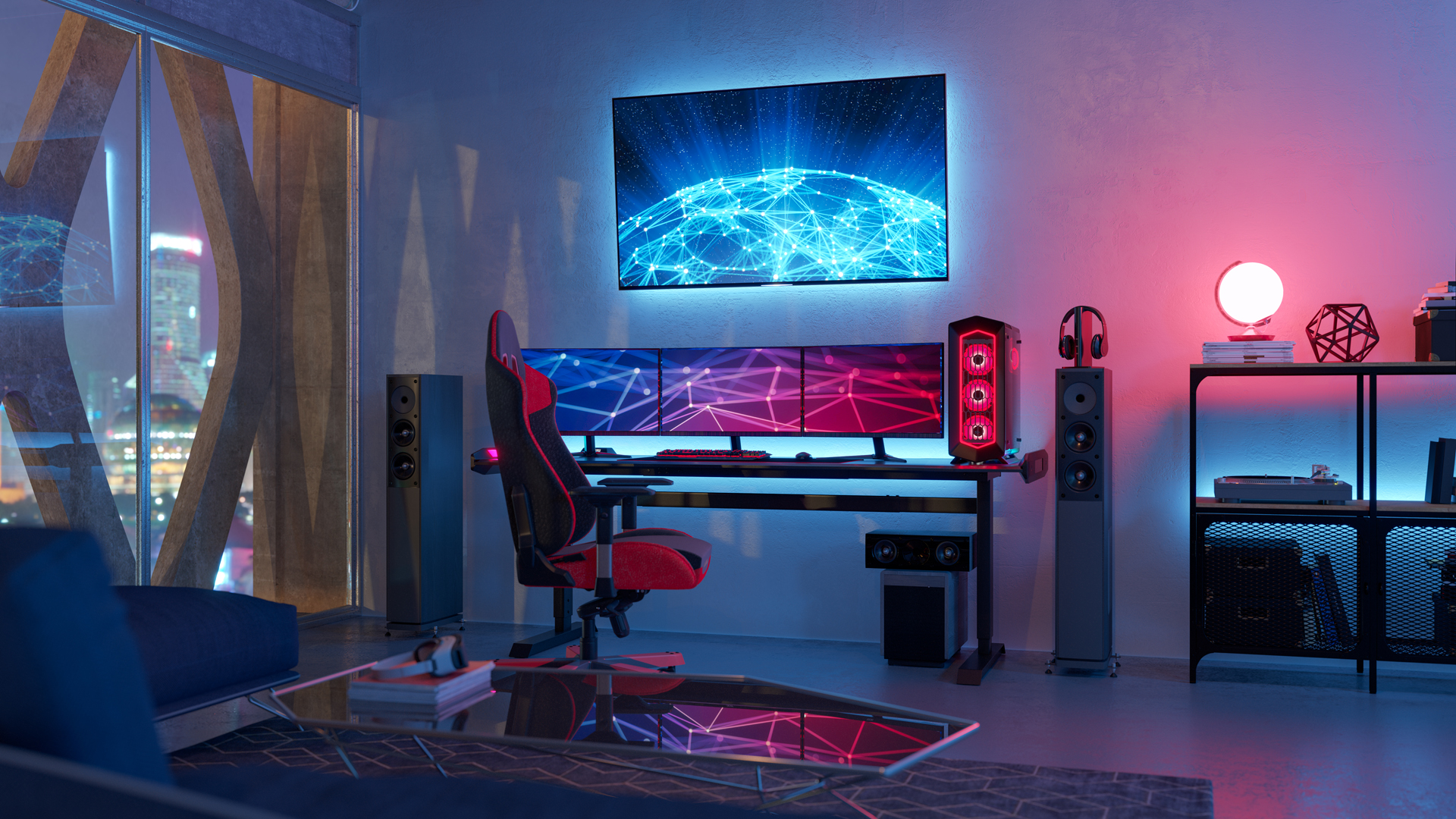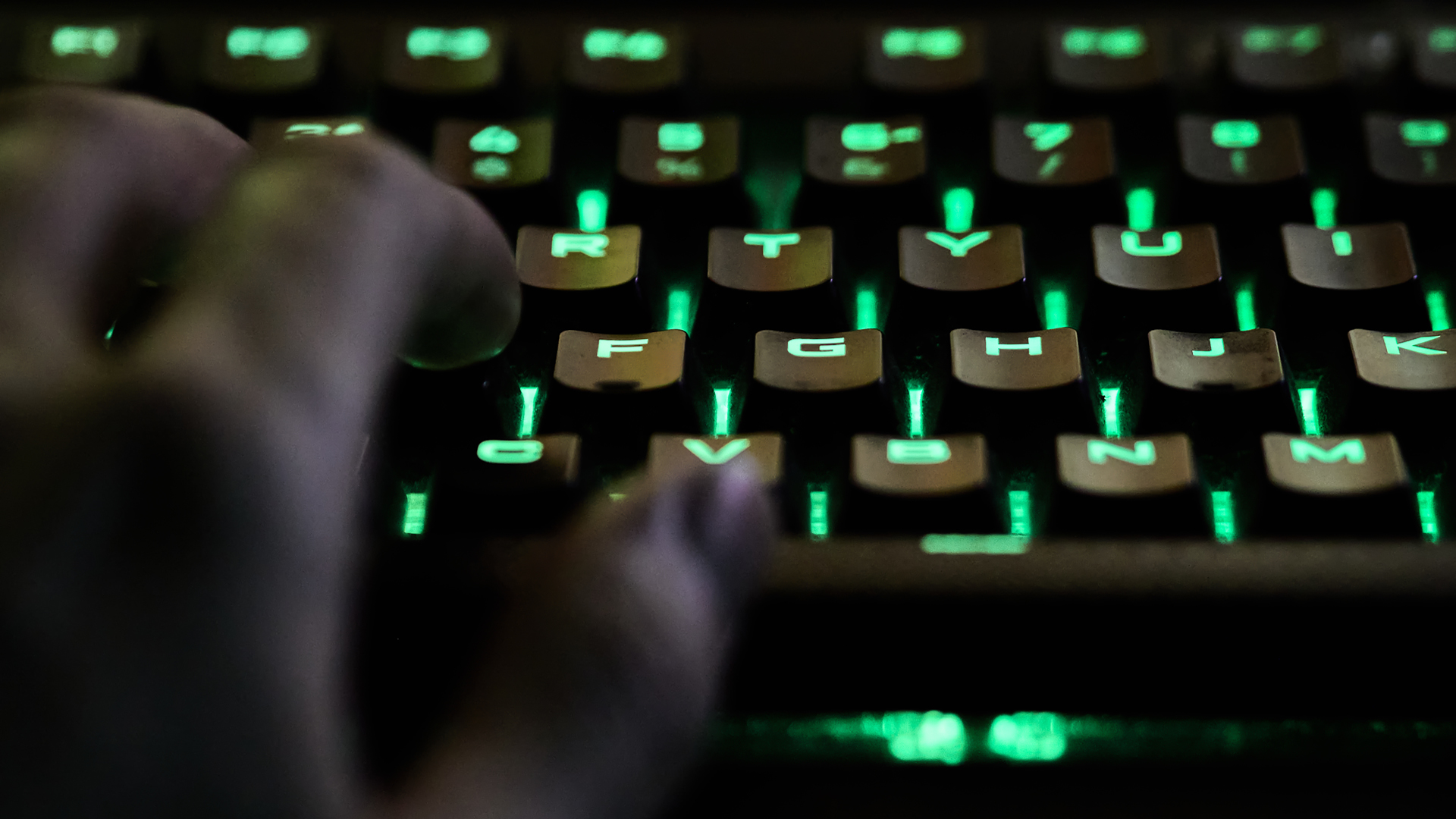What we can do to make our PCs kinder on our energy bills
Less power consumption is better for the environment too.

This article first appeared in PC Gamer magazine issue 373 in September 2022, as part of our 'Tech Report' series. Every month we explore and explain the latest technological advances in computing—from the wonderful to the truly weird—with help from the scientists, researchers, and engineers making it all happen.
As it turns out, we've been burning quite a lot of gas to make electricity. About 29% of our gas is used for generating it here in the UK. Also, 3% of all the gas we consume here comes from Russia, and since Russia invaded Ukraine that supply line's been compromised. That happened during a period of soaring wholesale costs for energy sources created by sudden post-pandemic demand, and as a result it now costs about £10,000 to boil a kettle.
We just have to laugh, otherwise we'd cry. The cost of living crisis is real, and let's not be so flippant as to suggest that running a gaming PC is among the chief concerns it creates, but let's also keep in mind that PC gamers are a broad group with varied financial backgrounds. In fact the only thing we all have in common in that regard is that we'd prefer to pay less for our expanding energy bills.
Watts up
These events have prompted many of us to seriously consider how much energy our gaming devices actually consume, perhaps for the first time. Before bills started skyrocketing in early 2022 onwards, you could use an average energy unit cost of 12.5 p/kWh to ballpark estimate your gaming PC's usage. Most PCs use 100-200W depending on their specs, so that would have cost you between 10p-20p per day.
Now the average energy unit cost is somewhere around 28 p/kWh, so you can go ahead and double that figure now. And then tack on another 40% if electric bills increase by as much as the news media is telling us they could this winter.
What can we do? Quite a lot, actually. Because we generally don't think about wattage until it's time to overvolt something, power an absurd new GPU with seven power connectors, or buy a new PSU—the least exciting upgrade possible—the marginal gains we can employ to reduce overall energy consumption and increase efficiency aren't necessarily at the forefront of our minds. Let us all channel our inner Martin Lewis and get our PCs looking after the pennies.

Turn it off
Let's start with the obvious: turning your PC off, as in actually shutting it down instead of leaving it on sleep mode. This isn't going to transform the complexion of your energy bills and save you tens of pounds, since PCs generally use about 3W per hour in sleep mode (versus 100W in an active state), but it's so easy to do. And what's the downside? Marginally slower boot times? You can absorb that inconvenience, Sammy Stopwatch.
Sleep mode does still have a part to play in helping out your energy bills though—by kicking in sooner after inactivity. In Windows 10's 'Power & Sleep' settings menu you can tell sleep mode to kick in sooner—say, after five minutes of inactivity instead of 20. Beats leaving your PC primed to run Crysis in seven different windows at a moment's notice while you pop away for a tea.
Keep up to date with the most important stories and the best deals, as picked by the PC Gamer team.
Also in Windows power settings, you can choose a power plan. Even though it seems to go against every tenet of our existence as PC gamers, it really is fine to select 'balanced' instead of 'high performance'. The former won't affect your in-game performance at all. It'll just power down your CPU into a lower power state when it's not being used, then throttle it back up when Windows detects that an app or apps are placing demands on it again. It's not so different from Sleep Mode kicking in, except it happens much more dynamically without your noticing, and much sooner than Sleep Mode would begin.
Cull the apps
While you're still reeling from the idea of not clicking the option that features the words 'high' and 'performance' from a drop-down menu, consider this: those annoying startup apps you never wanted to greet you every time you boot to Windows are costing you system resources, and by extension, a small amount of energy bill money. That's right, EA Origin. You knew this day would come.
It's time to disable all the startup apps you don't actually use or need.
It's time to disable all the startup apps you don't actually use or need. You can find the Startup tab in your Task Manager in Windows. For too long have we lived under Adobe Updater's cruel tyranny. Now we liberate ourselves, and spend energy bill money only on the programs we deliberately use, not the creepy ones in the background. Making these marginal gains at software level will help, but it probably won't be the difference between your energy bills being affordable or crippling. Hardware, on the other hand, makes a huge difference. Fortunately, the world of PC componentry's been making a real push towards energy efficiency for years anyway, quite independently of our current predicament, and that means you can shop around for some really low output parts.
The most important of all, though, is your power supply. Yes, that again. PSUs with higher 80 Plus energy efficiency ratings are not only more efficient under higher loads, but produce much less heat as a result, and that requires the fans on your PC to kick in less frequently and at lower speeds. So if you want lower bills in the long run, making an initial outlay on an 80 Plus Titanium or Platinum-rated PSU will keep your whole PC cooler and ask less of your fans and liquid cooling.

Renewables
We don't know what energy prices will do over the next few years. But what we do know is that making your PC more energy efficient isn't just good for your finances, but for the environment. Using less electricity means burning less gas and coal to produce it—at least until renewables tip over into becoming our primary electrical fuel source, and hopefully that will be soon. So we've got an opportunity as PC gamers not just to save money, but to be a bit kinder to the planet by making these changes.
Phil 'the face' Iwaniuk used to work in magazines. Now he wanders the earth, stopping passers-by to tell them about PC games he remembers from 1998 until their polite smiles turn cold. He also makes ads. Veteran hardware smasher and game botherer of PC Format, Official PlayStation Magazine, PCGamesN, Guardian, Eurogamer, IGN, VG247, and What Gramophone? He won an award once, but he doesn't like to go on about it.
You can get rid of 'the face' bit if you like.
No -Ed.


